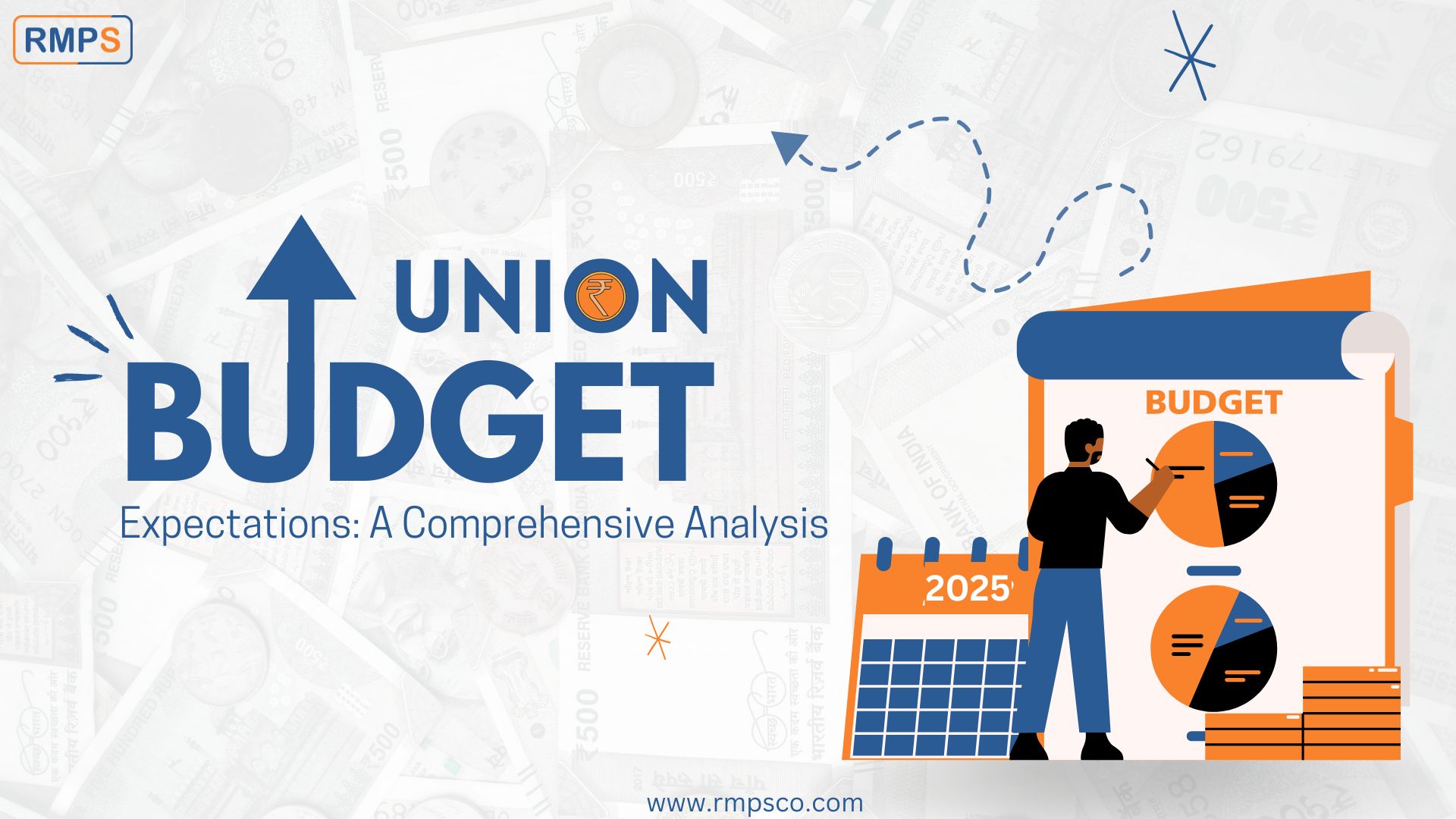
As the 2025-26 financial year approaches, Finance Minister Nirmala Sitharaman faces the task of addressing pressing economic challenges while steering India toward sustainable growth. With multiple sectors sharing their expectations, this budget has the potential to reshape the country’s economic trajectory. Below is a sector-wise overview of the primary expectations from the Union Budget 2025.
Income Tax Reforms
Taxpayers are hopeful for major relief through revised tax slabs and higher standard deductions. These changes aim to increase disposable income and drive consumption. Additionally, simplifying the filing process with pre-filled returns and advanced digital tools could boost compliance. Furthermore, enhanced exemptions on investments in insurance and mutual funds may encourage savings and financial planning.
Infrastructure and Capital Expenditure
The government is likely to maintain its focus on infrastructure development, with increased funding for roads, railways, ports, and smart cities. Public-private partnerships (PPPs) could gain momentum through long-term funding support and faster project approvals. Moreover, enhanced investments in the National Infrastructure Pipeline (NIP) could accelerate growth in this critical sector.
Healthcare Sector Reforms
The healthcare sector seeks a higher budget allocation, potentially reaching 5% of GDP. Key priorities include upgrading district hospitals, expanding healthcare services in rural areas, and encouraging private sector participation. Investments in AI-based diagnostics, oncology research, and geriatric care are also anticipated. Additionally, integrating mental health services into primary care could significantly strengthen the healthcare system.
Education and Skill Development
With the New Education Policy (NEP) guiding reforms, stakeholders expect higher allocations for digital education, teacher training, and vocational programs. Bridging the urban-rural divide through improved online learning infrastructure and promoting skill development for women and marginalized communities remain key focus areas.
Agriculture and Rural Development
Farmers are hopeful for better crop pricing mechanisms, subsidies on fertilizers, and improved irrigation facilities. Support for agri-tech adoption, organic farming, and post-harvest infrastructure could enhance productivity. Additionally, expanding the Kisan Credit Card scheme is expected to benefit a larger number of farmers.
Retail Sector Expectations
The retail industry anticipates reforms to boost private consumption. These include higher tax exemptions and reduced GST rates on essential goods. Incentives for adopting sustainable practices, such as eco-friendly packaging and energy-efficient operations, are also expected. Developing a National Retail Policy to streamline compliance and logistics, especially in smaller cities, remains a priority.
Startups and MSMEs
Startups and MSMEs hope for easier access to credit, reduced compliance burdens, and tax incentives. Expanding the Production-Linked Incentive (PLI) scheme to include green technology, artificial intelligence, and blockchain could boost innovation. Additionally, initiatives promoting digital transformation and technological adoption are crucial for improving global competitiveness.
Green Energy and EV Adoption
To achieve India’s net-zero emissions target by 2070, stakeholders expect increased funding for solar and wind energy projects, green hydrogen initiatives, and EV infrastructure. Simplifying GST structures for EVs and introducing incentives for battery manufacturing could further drive adoption. Moreover, the development of a Green Bond market and a carbon credit trading framework may encourage sustainable investments.
Real Estate and Housing
The real estate sector seeks tax reforms for housing loans, incentives for affordable housing, and lower GST on construction materials. Streamlining approval processes for affordable housing projects and launching targeted urban housing initiatives could address supply shortages and meet growing demand.
Digital Economy and Technology
Investments in 5G infrastructure, artificial intelligence, and cybersecurity are expected to propel India’s digital economy. Incentives for the semiconductor and high-capacity battery industries could reduce import dependencies. Policies supporting data privacy and grants for research in emerging technologies could strengthen India’s position as a global tech hub.
Social Welfare and Employment
Higher funding for marginalized communities, women’s empowerment, and urban sanitation is expected. Expanding schemes like MGNREGA and urban employment initiatives could generate more jobs. Additionally, investments in skill development programs for retail and digital sectors could further improve employment opportunities.
Conclusion
The Union Budget 2025 is poised to address India’s critical economic priorities while paving the way for sustainable growth. By focusing on tax reforms, infrastructure, healthcare, and green energy, the government has an opportunity to create a resilient and inclusive economy. With these measures, India can achieve its long-term goals and improve the quality of life for its citizens.
LinkedIn Link : RMPS Profile
This article is only a knowledge-sharing initiative and is based on the Relevant Provisions as applicable and as per the information existing at the time of the preparation. In no event, RMPS & Co. or the Author or any other persons be liable for any direct and indirect result from this Article or any inadvertent omission of the provisions, update, etc if any.
Published on: January 23, 2025
